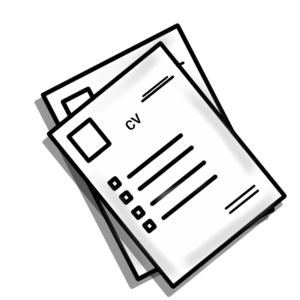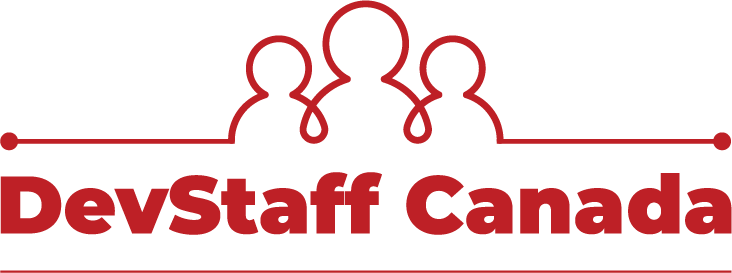As a hiring manager, one of the most frequently asked questions I receive is, “Can I apply to a job if I don’t meet all the requirements?” Perhaps you don’t have the 5 years of experience the job posting asks with Salesforce, but you have extensive experience with a similar CRM. Or, you’re making a move from software development to sales. Regardless of the specifics, it will take a little extra work to prove yourself as the best candidate for the position. The best way to do this is to highlight these transferable skills on your resume.
What Are Transferable Skills?
Are There Different Types Of Transferable Skills?
Yes, transferable skills can be divided into hard vs. soft skills. To showcase these skills correctly, it is essential that you clearly understand the difference. Let’s take a closer look at hard vs. soft skills. Hard skills, also called technical skills, are any skills relating to a specific task or situation. Soft skills are character traits and interpersonal skills that characterize a person’s relationships with other people. The infographic illustrates examples of these particular traits.

Highlighting Your Transferable Skills on a Resume

Tailoring Your Resume: A Strategy for Highlighting Transferable Skills
Customizing your resume is a strategic process that begins with a thorough analysis of the job posting. This step involves carefully examining the listed responsibilities and required skills to understand what the employer prioritizes. Your goal is to draw a clear line connecting your personal experience and transferable skills to the needs and preferences outlined in the job description.
It’s crucial to avoid the temptation of listing every transferable skill you possess. Instead, focus on selecting and emphasizing only those skills that are directly relevant to the specific position you’re targeting. This selective approach ensures your resume is concise, relevant, and tailored to the job at hand.
Pay special attention to recurring themes in the job description. For instance, if the term “teamwork” frequently appears, or if there’s a clear emphasis on the need for a candidate who can effectively collaborate across various departments, take note of these details. These insights should guide you in updating your resume, ensuring it resonates with the specific requirements and expectations of the role you’re applying for. Keep a record of these key phrases and requirements, and refer back to them when refining your resume, to ensure it’s perfectly aligned with the job opportunity.
Transferable Skills You Should Highlight
Below are a few common, yet crucial transferrable skills to mention in your resume.
Let’s say the job description states the company is looking for someone who is an expert project manager. While you might not have a ton of traditional project management experience, if you’ve worked on projects from scratch and oversaw them from start to finish in your last role as an administrative assistant, that’s a transferable skill you should emphasize on our resume.
Keywords
Before you begin to customize your resume, remember to pull up the notes you made prior while reviewing the job description. These keywords are the words you will use to begin to tailor your resume and showcase your transferable skills.
PRO TIP:
An effective way to demonstrate transferable skills on your resume is by explaining how your actions solved a problem and what the results were. Many candidates use the STAR Model (situation, task, action, result). You can check out our full blog on the STAR Model here.
Remember…
Sending out thousands of job applications doesn’t increase your chances of getting hired. Sending out better applications does, and on average, 75% of companies hire employees who are not fully qualified for the job.

Let our team of recruitment professionals match you with your next opportunity. Take advantage of our resources and network. They were designed to help you succeed.






